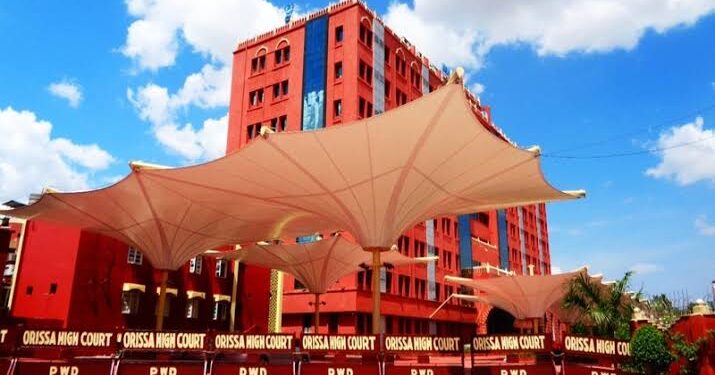The Orissa High Court has strongly criticized the prolonged neglect of vehicles seized under the NDPS Act, emphasizing that such property must be preserved rather than left to deteriorate in indefinite custody.
The ruling came in response to a Criminal Revision Petition challenging an Additional Sessions Judge’s order regarding the release of a confiscated vehicle.
A single-judge bench of Justice SK Panigrahi highlighted the irreversible damage vehicles suffer when left unattended.
“If left to the elements, a vehicle will inevitably suffer structural degradation, mechanical wear, and a substantial loss of economic value, rendering it unfit for future use,” the court stated.
Justice Panigrahi further emphasized that “the law does not permit indefinite retention of property when its custody ceases to advance the cause of justice.”
The vehicle was seized alongside contraband, leading to arrests under Sections 20(b)(ii)(C), 25, and 29 of the NDPS Act.
The prosecution argued that the vehicle was an instrument of crime, directly used in narcotics transport, and as per Section 52-A of the NDPS Act, it should be disposed of through legal procedures rather than returned. Citing the Supreme Court’s ruling in Union of India v. Mohanlal, the prosecution maintained that vehicles used in drug-related offences must not be released during the trial.
The petitioner’s counsel contended that the owner was not implicated in the crime and should not suffer due to the misuse of the vehicle by others. They argued that Section 52-A does not impose an absolute ban on the release of seized vehicles, and courts retain discretion to return them under specific conditions.
The High Court noted that the vehicle had remained in police custody for over a year, exposed to harsh weather conditions, leading to its gradual deterioration. It referenced Supreme Court precedents, including Sunderbhai Ambala Desai v. State of Gujarat and Bishwajit Dey v. State of Assam, which reaffirm that indefinite retention of property serves no legal purpose.
In a decisive ruling, the High Court ordered the release of the vehicle under strict conditions, including:
- Verification of original documents by the police
- A prohibition on altering the vehicle’s color, engine, or chassis numbers
- Compliance with any additional legal stipulations
The verdict reinforces the principle of fairness in property rights, ensuring that innocent owners do not suffer undue hardship due to extended legal procedures.





























